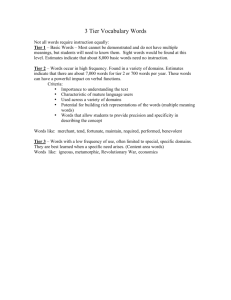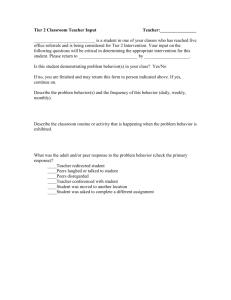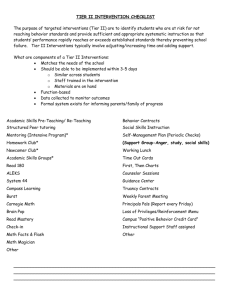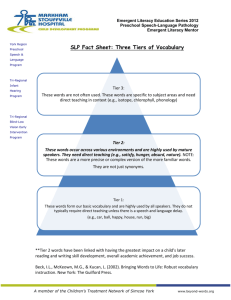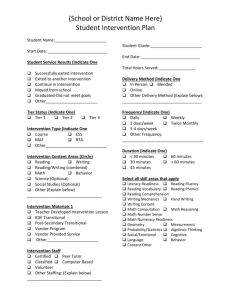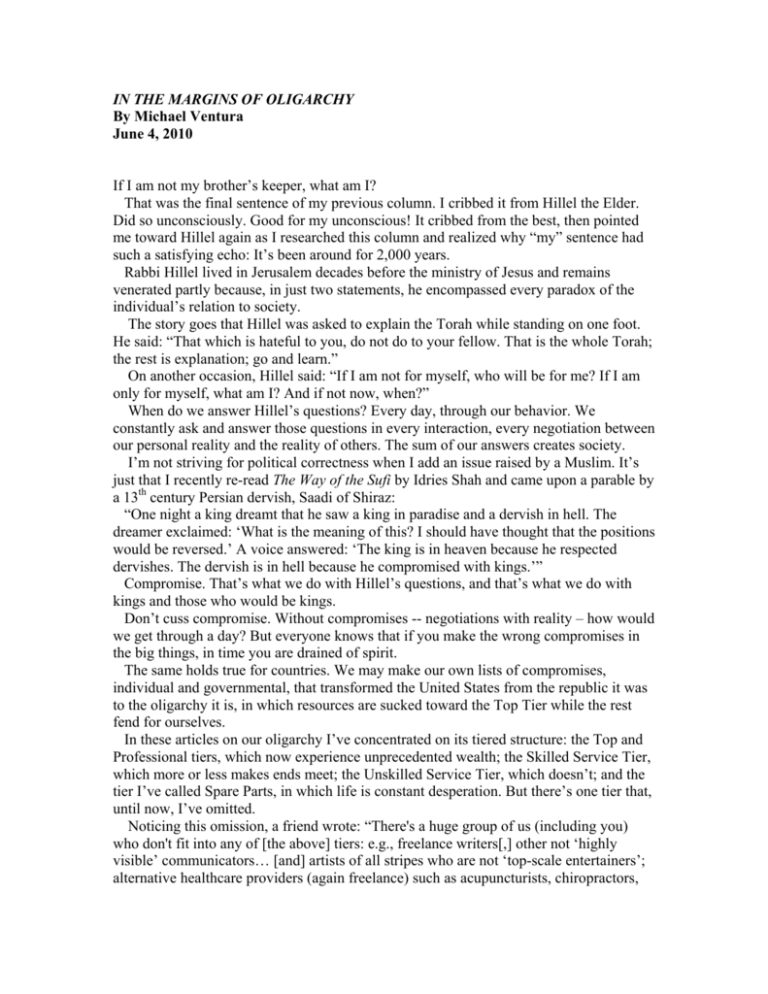
IN THE MARGINS OF OLIGARCHY
By Michael Ventura
June 4, 2010
If I am not my brother’s keeper, what am I?
That was the final sentence of my previous column. I cribbed it from Hillel the Elder.
Did so unconsciously. Good for my unconscious! It cribbed from the best, then pointed
me toward Hillel again as I researched this column and realized why “my” sentence had
such a satisfying echo: It’s been around for 2,000 years.
Rabbi Hillel lived in Jerusalem decades before the ministry of Jesus and remains
venerated partly because, in just two statements, he encompassed every paradox of the
individual’s relation to society.
The story goes that Hillel was asked to explain the Torah while standing on one foot.
He said: “That which is hateful to you, do not do to your fellow. That is the whole Torah;
the rest is explanation; go and learn.”
On another occasion, Hillel said: “If I am not for myself, who will be for me? If I am
only for myself, what am I? And if not now, when?”
When do we answer Hillel’s questions? Every day, through our behavior. We
constantly ask and answer those questions in every interaction, every negotiation between
our personal reality and the reality of others. The sum of our answers creates society.
I’m not striving for political correctness when I add an issue raised by a Muslim. It’s
just that I recently re-read The Way of the Sufi by Idries Shah and came upon a parable by
a 13th century Persian dervish, Saadi of Shiraz:
“One night a king dreamt that he saw a king in paradise and a dervish in hell. The
dreamer exclaimed: ‘What is the meaning of this? I should have thought that the positions
would be reversed.’ A voice answered: ‘The king is in heaven because he respected
dervishes. The dervish is in hell because he compromised with kings.’”
Compromise. That’s what we do with Hillel’s questions, and that’s what we do with
kings and those who would be kings.
Don’t cuss compromise. Without compromises -- negotiations with reality – how would
we get through a day? But everyone knows that if you make the wrong compromises in
the big things, in time you are drained of spirit.
The same holds true for countries. We may make our own lists of compromises,
individual and governmental, that transformed the United States from the republic it was
to the oligarchy it is, in which resources are sucked toward the Top Tier while the rest
fend for ourselves.
In these articles on our oligarchy I’ve concentrated on its tiered structure: the Top and
Professional tiers, which now experience unprecedented wealth; the Skilled Service Tier,
which more or less makes ends meet; the Unskilled Service Tier, which doesn’t; and the
tier I’ve called Spare Parts, in which life is constant desperation. But there’s one tier that,
until now, I’ve omitted.
Noticing this omission, a friend wrote: “There's a huge group of us (including you)
who don't fit into any of [the above] tiers: e.g., freelance writers[,] other not ‘highly
visible’ communicators… [and] artists of all stripes who are not ‘top-scale entertainers’;
alternative healthcare providers (again freelance) such as acupuncturists, chiropractors,
massage therapists, etc.; and a whole mish-mash of other freelancers, entrepreneurs, and
small business owners. All of these self-employed are in no way highly paid like the
Professional Tier… They have some amount of independence and are highly skilled, so
they're definitely not of the Unskilled Service Tier (though some of them are ‘at best
barely scraping by’). And they're also definitely not Spare Parts, though some may be
‘constantly in flux between desperation and work’ (but… working for themselves, they
don't really even have ‘jobs’).” I’d add to this list: social activists; many academics;
doctors, lawyers, techs, organic farmers, etc., who work “outside the system”; and those
who crew endeavors like this newspaper. In short, any who manage to do their own thing
outside established norms. I call them the Marginal Tier.
The other tiers are horizontal, layered one atop the other. The Marginal Tier is vertical.
Depending on their gifts and luck, Marginals may live economically like the Professional
or Skilled Service tiers; less lucky, their economic limits may resemble the Unskilled
Service and Spare Parts tiers. But Marginals live with more of what another friend called
“porosity.” Unlike those in other tiers, their social access often is not determined by their
economic position. A writer with the income of a clerk may be invited to a Professional
Tier party; a clerk won’t be.
Marginals are not defined by their incomes. They like making money, but they’re most
concerned with making what used to be called a “contribution,” which is, as Antoine de
Saint-Exupéry wrote, “to feel, when setting one’s stone, that one is contributing to the
building of the world.”
The Marginal Tier lives in active response to Hillel’s “If I am not for myself, who will
be for me? If I am only for myself, what am I? And if not now, when?” And, in the terms
of Saadi of Shiraz, Marginals tend to be most wary about compromises with kings of
politics and kings of commerce.
Like other tiers, those in the Marginal Tier tend to socialize mostly with one another.
Worse, they usually make art, write, or whatever, for one another. Many ghetto
themselves on campuses and in university towns, insulated from the national ebb and
flow. In big cities, they gravitate to the same neighborhoods. They are, in short,
marginalized, and they cooperate in their marginalization. Their isolation limits the
influence of their contributions.
I’m describing, not judging. This is, after all, my crowd. In a society that deifies
materialism, people with more complex values naturally seek to reinforce each other,
whether they do so in a church or in an artsy environment. (There is a sense in which all
tiers of Oligarchy are marginalized, for we have evolved and/or been manipulated into a
society of separate societies. No wonder the national dialogue is cacophonous; each tier
has utterly different frames of reference.)
The more successful Marginals constantly look over their own shoulders, measuring the
necessity of compromise against its pitfalls, mindful (or not) of the finger pointed at them
by Memphis blues savant James Luther Dickinson: “You may not be selling out but
you’re buying in.”
How much one buys in is a matter of one’s judgment and conscience (or lack of same).
But in an omnipresent Oligarchy, a degree of buying in can’t be helped. Own a house or
condo, purchase a car or stocks, use a credit card, and you plug into oligarchic
mechanisms that suck chunks of your resources out of your life and community and up to
the Top Tier of the obscenely rich.
The young are especially vulnerable. The student loan racket exists to ensure
Oligarchy that by the time a talented youth has earned a degree, he/she is deeply in
service to debt, which is to be in service to Oligarchy. You’ve got to be pretty tough to
tough that one out and yet keep your integrity. Liberal arts degrees are the least
profitable; this loan system works to keep the most artistic in economic straightjackets.
The toughest and most original find a way through. Others eventually submit. (But that
dilemma, in one form or other, is what young artists have always faced.)
I’ve attempted to describe a country that is no longer what it was. It’s become a
labyrinth in which the Minotaur is part Other and part oneself. But this society, like any
society, is created by a mass of individual choices. That was the way in. That will be the
way out. To be free was always hard. It’s become harder. The necessary choices are made
daily, are rarely final, and are never easy. To live one’s heart is always the challenge.
Kindly and serious, Hillel still addresses us: “If not now, when?”
Copyright © Michael Ventura. All Rights Reserved.




